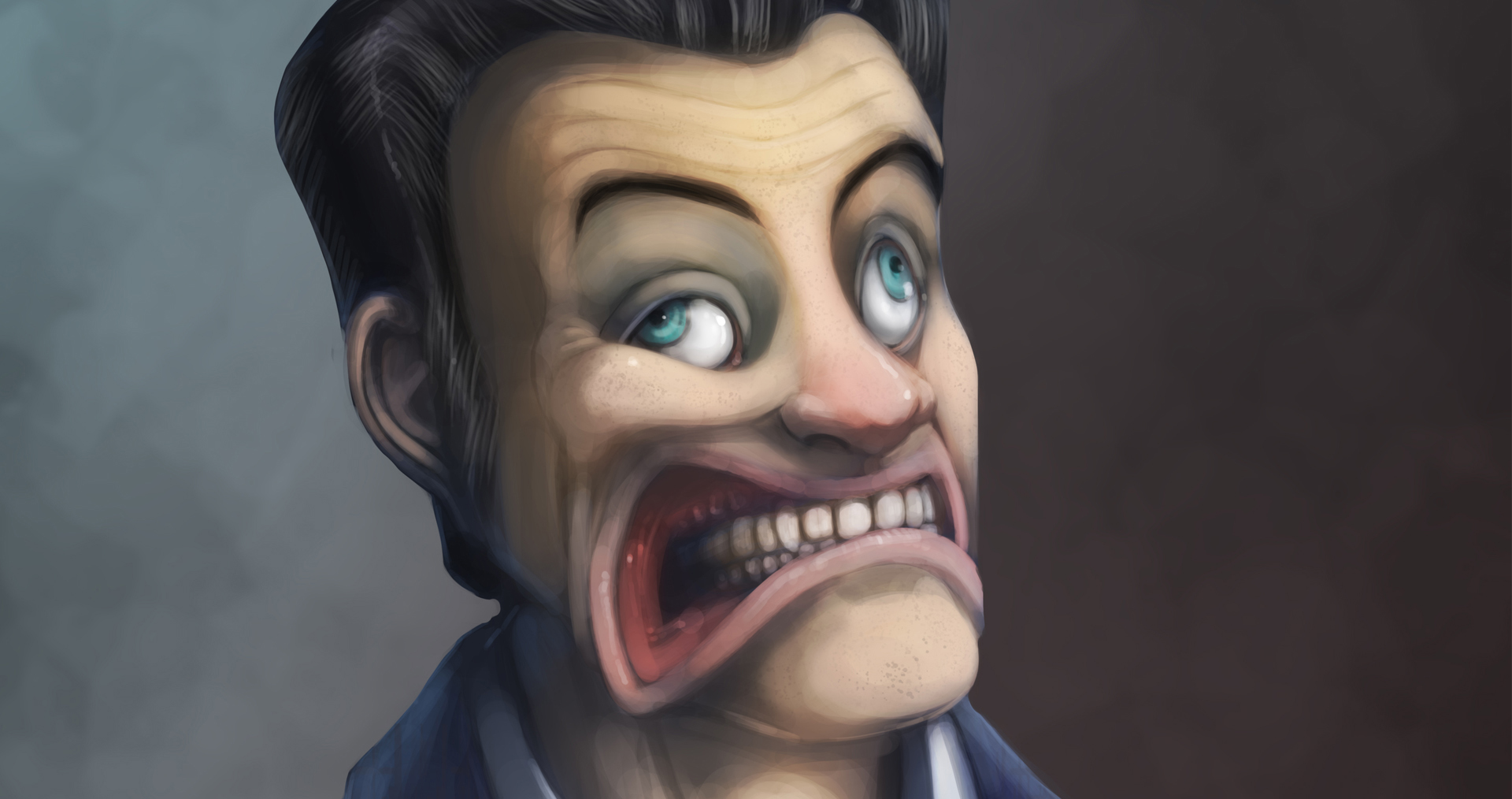Garry of Garry's Mod says 'Unity can get f*cked' and in-passing mentions Rust 2
"The trust is gone."

Yesterday Unity announced big changes to its pricing system that, among other things, will see developers charged on a per-install basis once certain thresholds are met. Developers are up in arms about this and not shy about cutting the crap: Tom Francis, the developer of Heat Signature and a PC Gamer alumnus, described the change as "an astonishing scumbag move."
Unity has been in damage control mode since the switch was announced, swiftly changing direction on the "multiple installs = multiple charges" policy after "regrouping" following the pushback. However, installing a game on multiple devices, such as a PC and Steam Deck, will still result in multiple charges. Many developers insist they're moving on from the engine.
Now Garry Newman, of Garry's Mod fame, has posted a blog with the succinct title "Unity can get fucked." Newman briefly summarises the announcement and some of the criticisms being levelled at the change, and various reasons why it isn't in his eyes feasible.
"It makes you wonder how they could think it's a good idea," said Newman. "And maybe it is a good idea if you think of Unity as a mobile game engine. If you view it through that lens maybe it makes sense to them."
Newman says the cost isn't a big deal, but the reason he's "furious" is that "it hurts because we didn't agree to this. We used the engine because you pay up front and then ship your product. We weren't told this was going to happen. We weren't warned. We weren't consulted."
Newman's Facepunch Studios has spent a decade building Rust on Unity. "We've paid them every year. And now they changed the rules. Unity has shown its power. We can see what they can and are willing to do. You can't un-ring that bell."
He draws a comparison to Adobe inventing a system whereby it charges users of Photoshop per image view, and applies it retroactively, and starts invoicing you every month. Hey Garry… maybe don't go giving Adobe any ideas, huh?
Keep up to date with the most important stories and the best deals, as picked by the PC Gamer team.
"The trust is gone," said Newman. "It's our fault. All of our faults. We sleepwalked into it. We had a ton of warnings. We should have been pressing the eject button when Unity IPO'd in 2020. Every single thing they've done since then has been the exact opposite of what was good for the engine."
Then out of nowhere Newman casually drops a reference to Rust 2. "We had 10 years to make our own engine and never did," said Newman. "I'm sure a lot of game companies are feeling the same today.
"Let's not make the same mistake again, Rust 2 definitely won't be a Unity game."
Newman's sentiments are in-line with what a lot of developers are expressing, with many particularly unhappy about the retroactive application of the new pricing structure. If you keep any sort of eye on games Twitter or the major dev forums, there's been little else discussed over the past day other than Unity's announcement, and the mood music is that developers utterly, utterly hate it.
Obviously social media is not the real world, and Unity's scale (it claims to be the most-used engine in the world) and featureset, particularly its suitability for mobile, means many will go on using it regardless. But it does feel like there's a line being drawn in the sand and, whatever else happens, Unity is going to lose some of its most high-profile users in a very negative manner indeed.

Rich is a games journalist with 15 years' experience, beginning his career on Edge magazine before working for a wide range of outlets, including Ars Technica, Eurogamer, GamesRadar+, Gamespot, the Guardian, IGN, the New Statesman, Polygon, and Vice. He was the editor of Kotaku UK, the UK arm of Kotaku, for three years before joining PC Gamer. He is the author of a Brief History of Video Games, a full history of the medium, which the Midwest Book Review described as "[a] must-read for serious minded game historians and curious video game connoisseurs alike."

